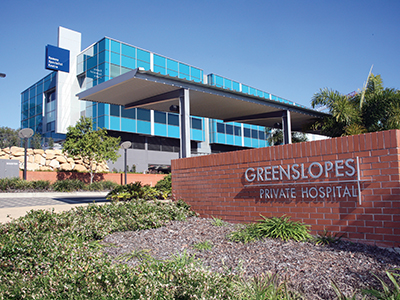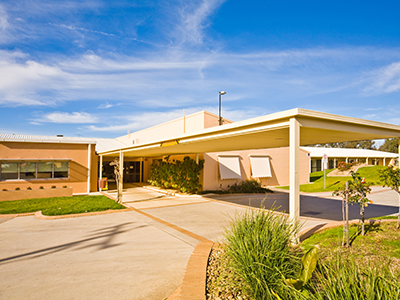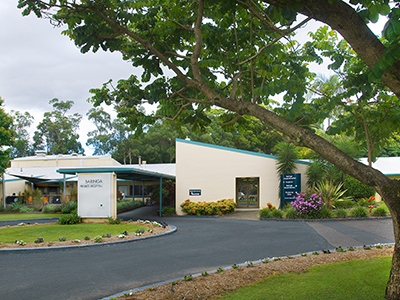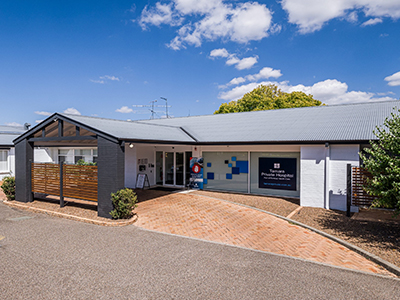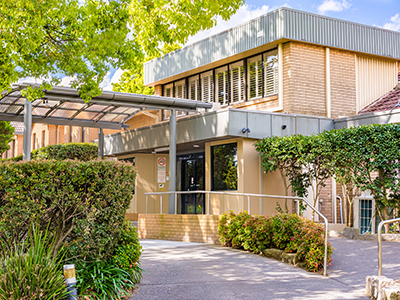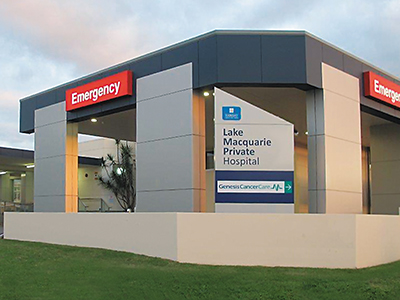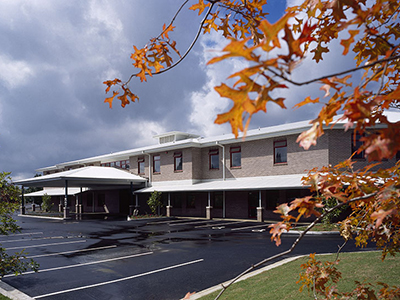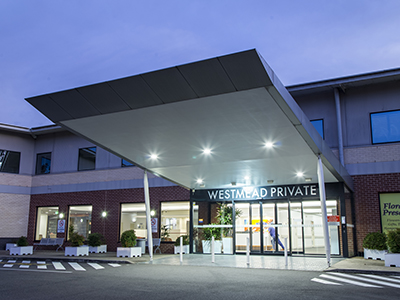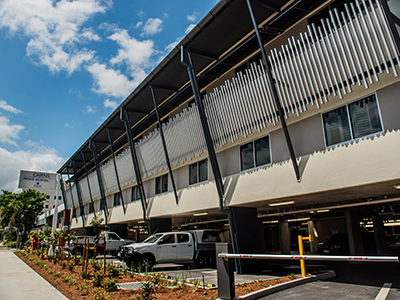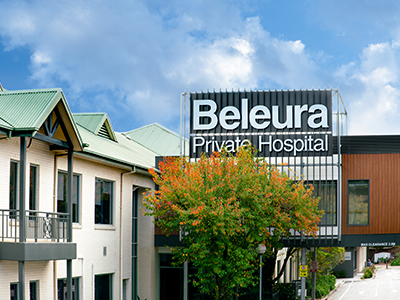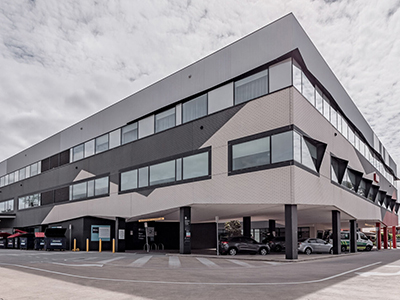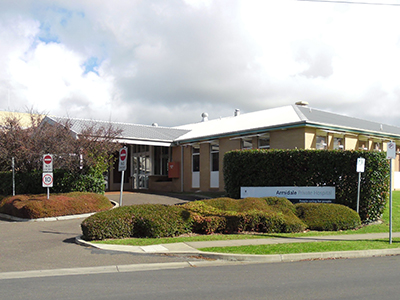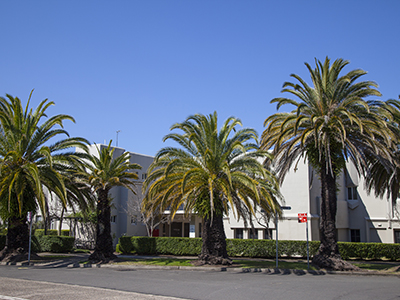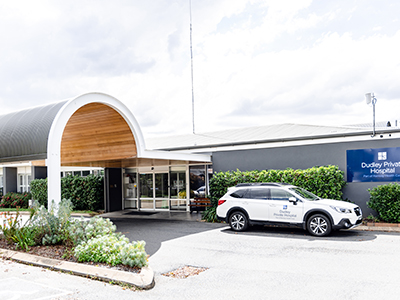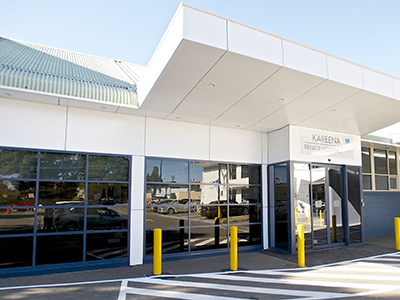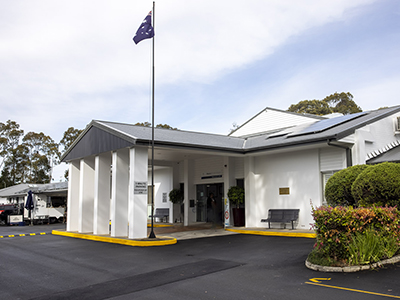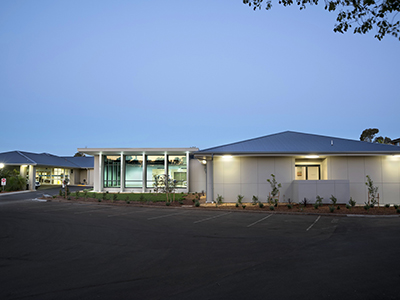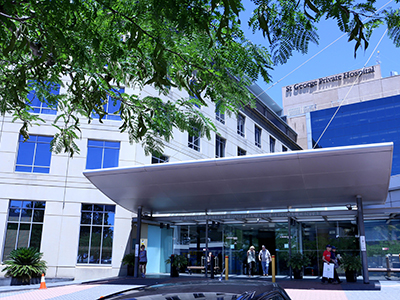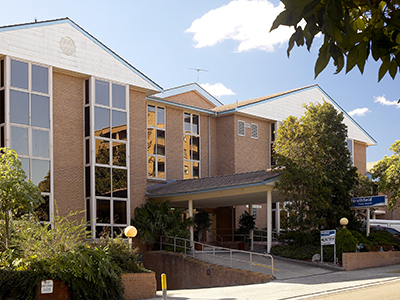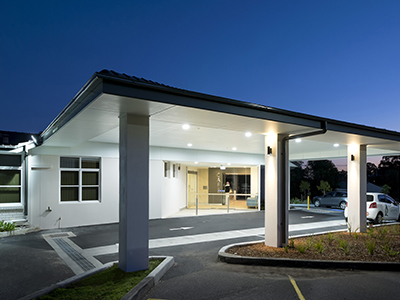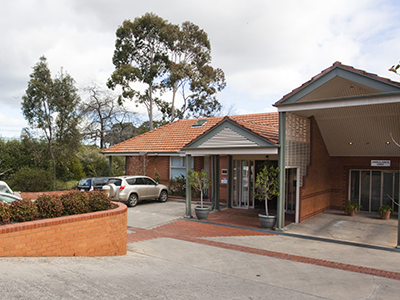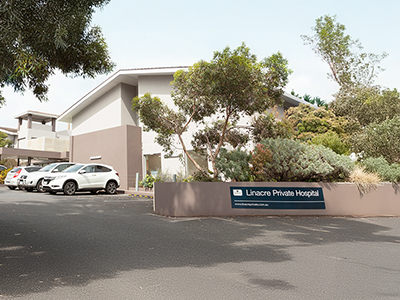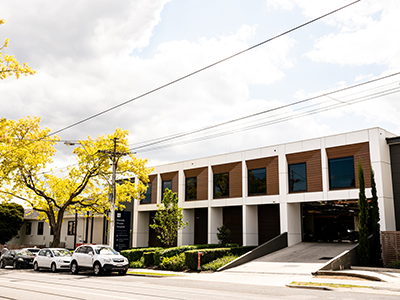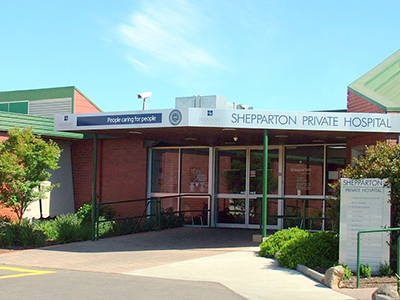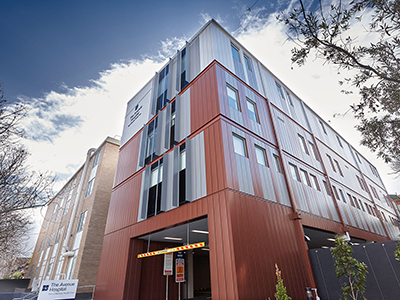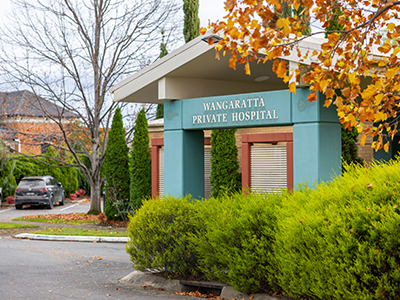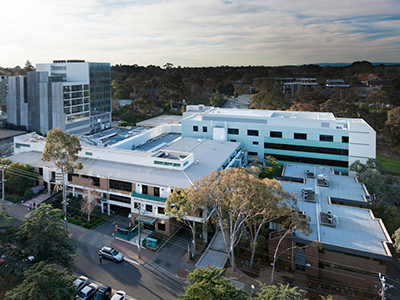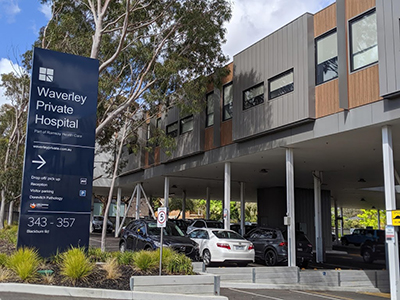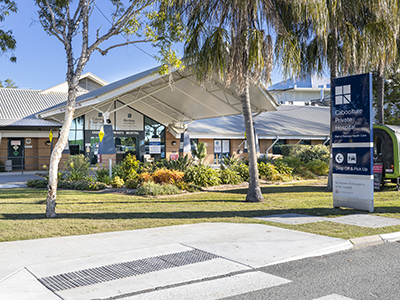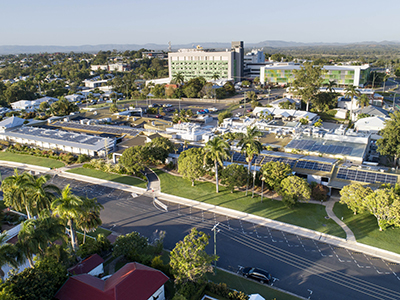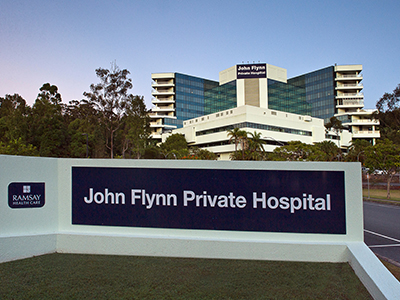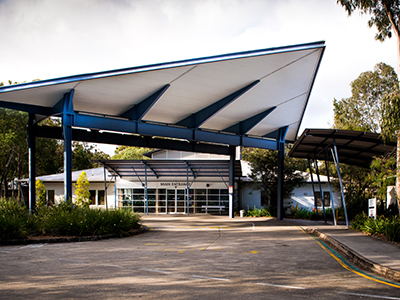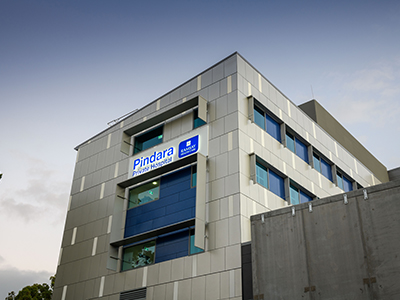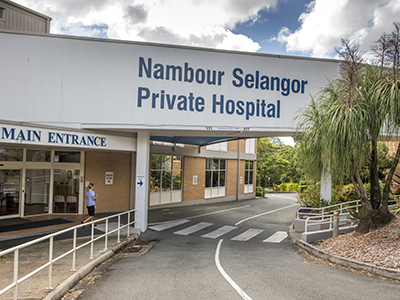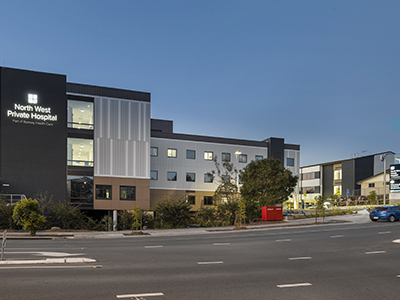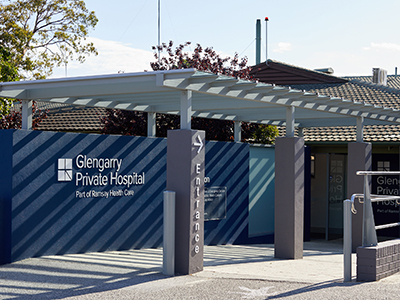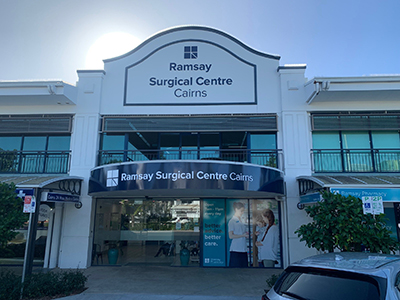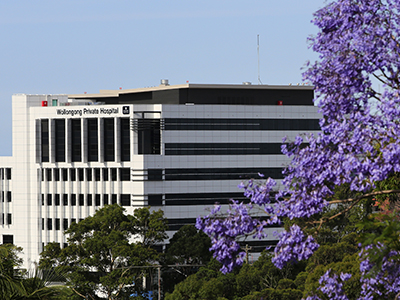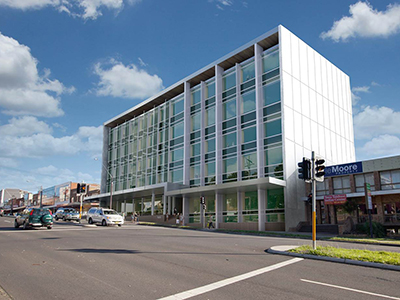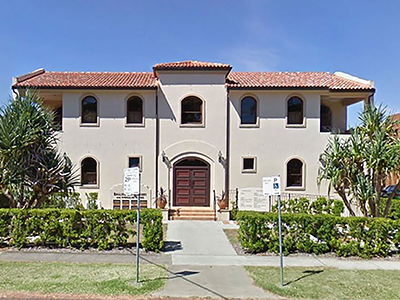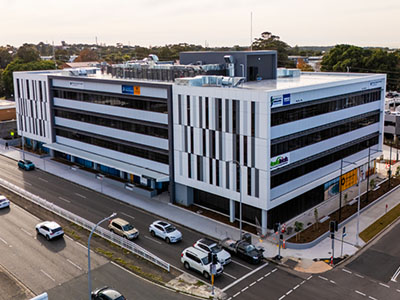Dental and oral surgery
Dental and oral surgery treats conditions affecting the mouth, jaw, face and neck. It’s also known as oral and maxillofacial surgery.
At Ramsay, your care is our focus. Your team will work with you to create a treatment plan that suits your individual needs. Because we take a holistic approach to health, you’ll also have access to a wide range of services and support – all in one place.
Services overview
Ramsay Health Care hospitals offer a broad range of oral and maxillofacial surgical services around Australia. Here is a general guide to some of the most common. Just remember that every person’s case is unique and your doctor could tailor their approach based on your individual circumstances. Click the plus sign (+) on the right-hand side of any heading to expand and view more information.
Dental implants and bone grafting
What is a dental implant?
A dental implant is a small post placed into the jawbone to hold a replacement tooth, bridge or denture. It offers a long-term solution for one or more missing teeth and is designed to replicate the look, feel and function of natural teeth. Dental implants can also improve comfort, stability and confidence when eating or speaking.
Dental implant process
The process typically begins with a dental consultation. If dental implants are suitable, a referral to a specialist surgeon may be provided.
A personalised treatment plan is then developed by the care team to help achieve the best possible outcome.
The surgeon will also determine the most appropriate type of anaesthesia for the procedure – such as local anaesthetic, sedation or general anaesthetic – based on individual needs and clinical considerations.
Once in place, dental implants can support crowns, bridges or dentures to restore natural appearance and function.
Bone grafting for implant support
Sometimes the jawbone is not strong or thick enough to support a dental implant. In such cases, a bone graft may be recommended to build a stable foundation.
Bone grafting involves adding bone – either from the patient’s own body or using safe, biocompatible materials – to reinforce the area. This step helps ensure the implant remains secure and durable over time.
Facial trauma surgery
Facial injuries can be distressing, both physically and emotionally.
Facial trauma can result from accidents, falls, sports injuries or assaults, and may affect both bones and soft tissue. After you’ve received initial treatment, sometimes in the emergency department, health care professionnals will carry out a full assessment and develop a treatment plan tailored to your specific injury.
Oral and maxillofacial surgeons and their team treat a wide range of facial injuries, including fractures of the jaw, cheekbone and eye sockets.
If surgery is needed, they'll explain everything clearly including your treatment options, hospital stay, potential risks and recovery timeline.
Our goal is to help you feel informed, supported and confident throughout your recovery.
Orthognathic (jaw) surgery
Orthognathic surgery, or jaw surgery, is designed to improve the alignment between the upper and lower jaws.
Oral and maxillofacial surgeons are trained in correcting jaw misalignment, caused by development issues or trauma. This procedure often involves both jaws (bimaxillary surgery) and can lead to better function and a more harmonious facial appearance.
Orthognathic surgery process
Corrective jaw surgery is often combined with orthodontic treatment to achieve the best results. Before surgery, an orthodontist will help move your teeth into the right position. During the procedure, a surgeon adjusts the jaw, or both jaws, to improve alignment and function.
Before any surgery, the specialist will provide a thorough assessment and explain the process in detail. This includes what the surgery involves, how long recovery may take and any potential risks.
Wisdom teeth and dental extractions
Oral and maxillofacial surgeons are highly experienced in removing wisdom teeth (third molars) and other teeth that may be causing pain, infection or alignment issues.
Dental extraction process
A referral to a specialist may be provided if the tooth removal is complex or requires advanced care. During the initial consultation, the surgeon will assess the teeth and recommend the most appropriate treatment options.
Depending on the tooth’s position, the extraction may be straightforward or require a more advanced surgical approach. All procedures are performed in a safe and supportive environment.
Recovery and aftercare
Clear post-operative instructions are provided to help recover comfortably and avoid complications.
Everyone heals differently, but patients are advised on what to expect, from managing discomfort to returning to normal activities.
Ramsay Newsroom
Stay up-to-date with hospital news, developments, research highlights and innovation.
